It’s hard to believe a civil war could start in our era, but it’s better to be safe than sorry. The specter of civil unrest in recent years started to be concerning in the US. We witnessed social tensions escalating, political polarization, and economic disparity.
In this article, you will find out how to prepare for a potential civil war in the US, with practical steps and strategies for you and your family to ensure resilience during such an event.
We explore crucial aspects like survival tactics, essential supplies, and any aspect of readiness in uncertain times. Give it a read, no matter if you believe in the likelihood of a civil war or if you just want to be prepared for any possible societal disruption scenario in the volatile world we live in.
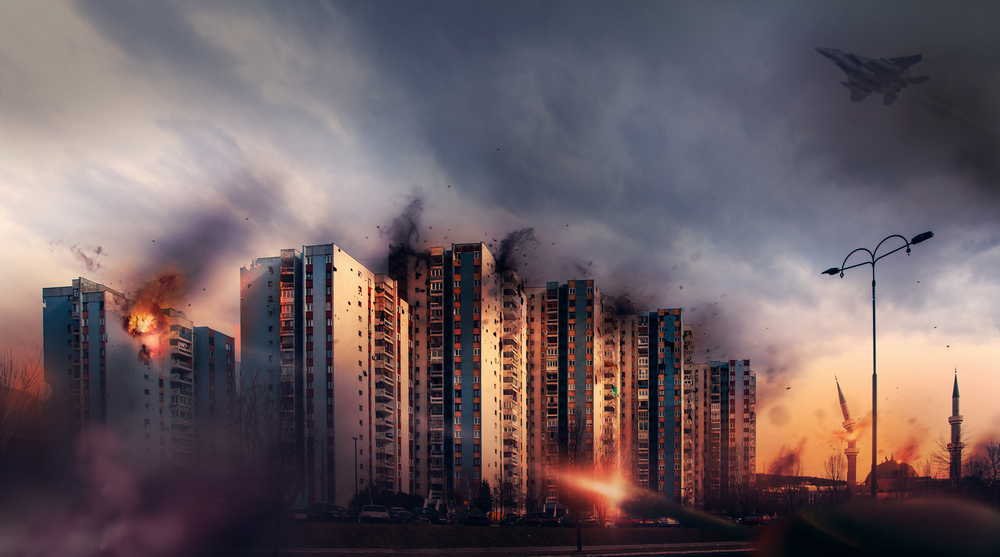
Understand the most likely scenarios in case of a civil war.
There are 2 ways of facing the situation: protecting your house and sheltering there or grabbing and going.
If you decide to stay in, make sure you have food and water for at least 72 hours. It’s ideal to have enough food to last one more month or even more. If you’re already prepared for natural disasters, you probably have created a stock until now.
If not, let’s see what you will need:
1. 30 days of water and food
In this context, you will need food that is easy to make, such as frozen food, or dried meals that don’t require effort. Get a water filter that can help you for months and doesn’t take up too much space in your house.
2. Clothing and blankets
It’s necessary to have sleeping bags, winter jackets, gloves, and hats in case you are forced to be outside in the winter.
3. Power sources
You can never know what happens; make sure you have alternate sources of power to be able to charge your phone and other devices.
In case the light is down, you should be prepared with flashlights. Consider having more types of stationary lights to not need to hold on to them.
4. Toilet paper
As you can imagine, being stuck in your house without it can make a difficult situation even worse, so stock it up.
5. A kit to go
In case you need to leave quickly and efficiently, you will need to have some items ready to go with you, such as easy-to-prepare food and dried meals.
In any emergency, it is important to have food, water, and other gear packed in a way that makes it easy for you to grab and carry. Of course, we hope you’ll never have to face this situation, but it’s never wrong to be prepared. Even if you won’t need them for a civil war, they can still be useful for other events, like natural disasters or accidents.
Getting yourself ready for an emergency will help you handle more similar situations. So, while you still have it fresh in your mind, don’t forget to pick up a case of water on your next shopping hangout. Also, grab an extra umbrella just in case.
You can order this mini emergency kit via Amazon.
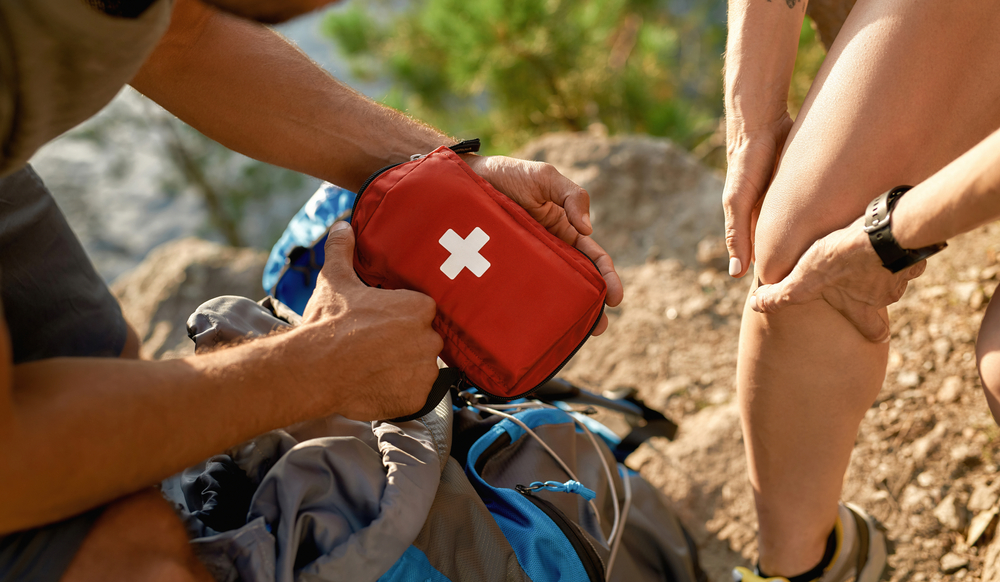
6. First kit aid
You should have a medical kit including supplies such as bandages, pain relievers, antiseptics, or any prescription medication you need to take all the time, and you should have it stocked. It’s important and incredibly useful to know CPR and basic first aid.
7. Keep in touch
Have a communication plan with your family. Everybody should know how to contact each other without internet services and phones in case the lines are down. Create a meeting point outside that everybody is aware of in case you get separated.
8. Important documents
Keep with you your birth certificate, passport, medical records, and insurance papers, and protect them with a waterproof and easily accessible container. It’s important to take care of them and have them with you because these documents are hard to replace.
9. Cash
Have liquid money with you in case the systems are down. Keep a small amount of money to be able to cover immediate expenses.
10. Pet supplies
In case you have pets, make sure you have a stock of food for them too. Remember that they will also need water, and stock up on any medication they need in your aid kit.
11. Portable batteries
They are a great backup when power sources are unavailable. They don’t take up too much space and can become a lifesaver if you need to handle a critical situation.
12. Contact list
Keep a list of emergency contacts, such as close family members, local authorities, or medical facilities. Make sure you have it in both digital and physical form.
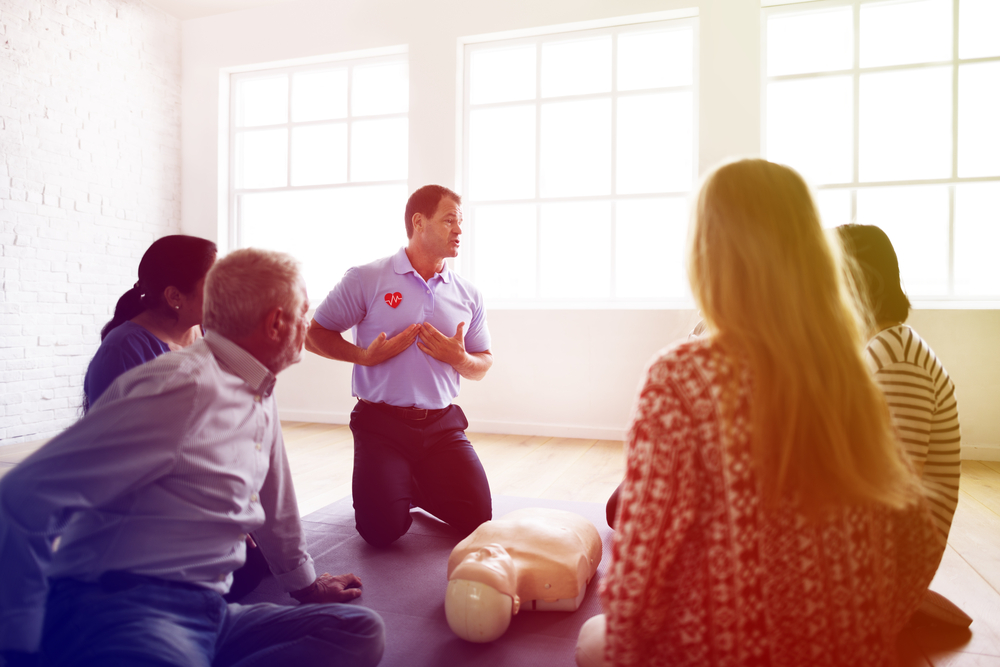
13. Training
It’s a good idea to consider taking courses for emergencies or survival skills. Review and practice the plans you studied with your family from time to time to ensure that everyone knows what they need to do in case of a crisis.
Incorporate these elements into your emergency preparedness plan and make sure you are well equipped for a range of situations, whether it’s a civil unrest, a natural disaster, or another specific situation.
Read next: 6 Countries That Would Nuke US Right Now if They Could

















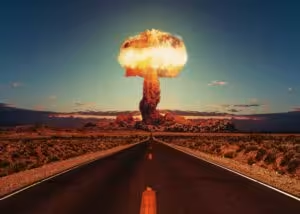


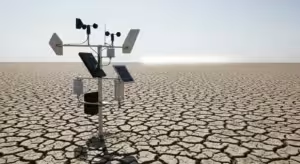


1 thought on “13 Ways to Prepare for a New Civil War in America”
In this disaster you forgot one thing.
The police and National guard will be gone.
Those not prepared at all have guns -will come and kill you and takeover what you have prepared .
I can teach in 15 minutes an 80 yr old Grandma to successfully defend her home at the range of 20 feet with a semi-auto AR-15 and a 30
Round clip.
It has no recoil- and a tiny 22Caliber bullet.
With its shockwave in water(bodies are water) is a one shot stopping power.
(shockwave in the arm -transmit a stroke/clots to brain )
Pistols don’t do that – therefore 3 to 5 bullets per attacker and not likely possible to be proficient with a handgun.
Stop an assailant entering your home.
This is really the principle of the second amendment-
Without right to bear adequate arm against multiple attackers – in a civil war your prep is worth nothing without a shelter and arms.
Have seen its victims around the world –
20 yrs military.